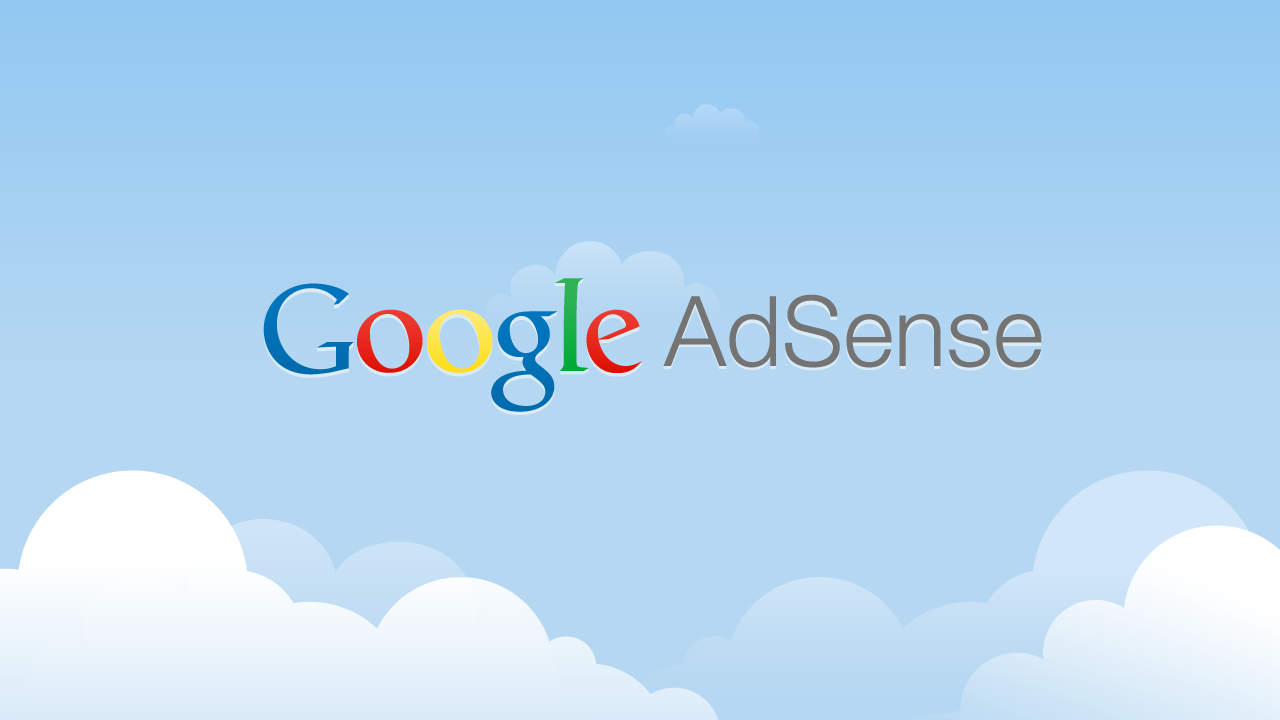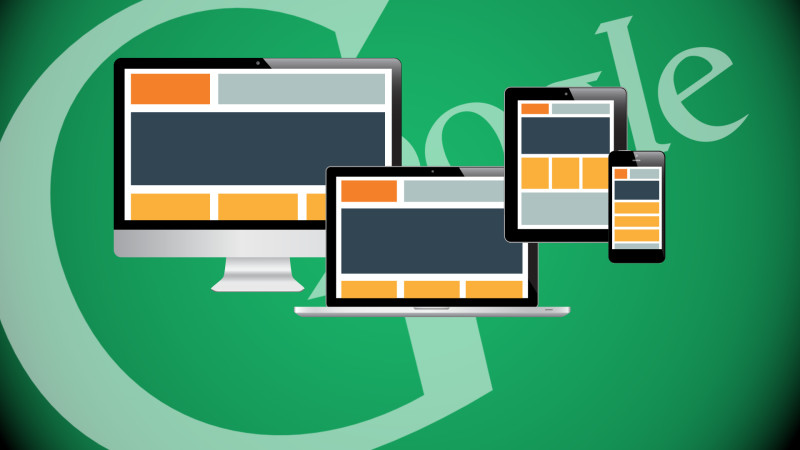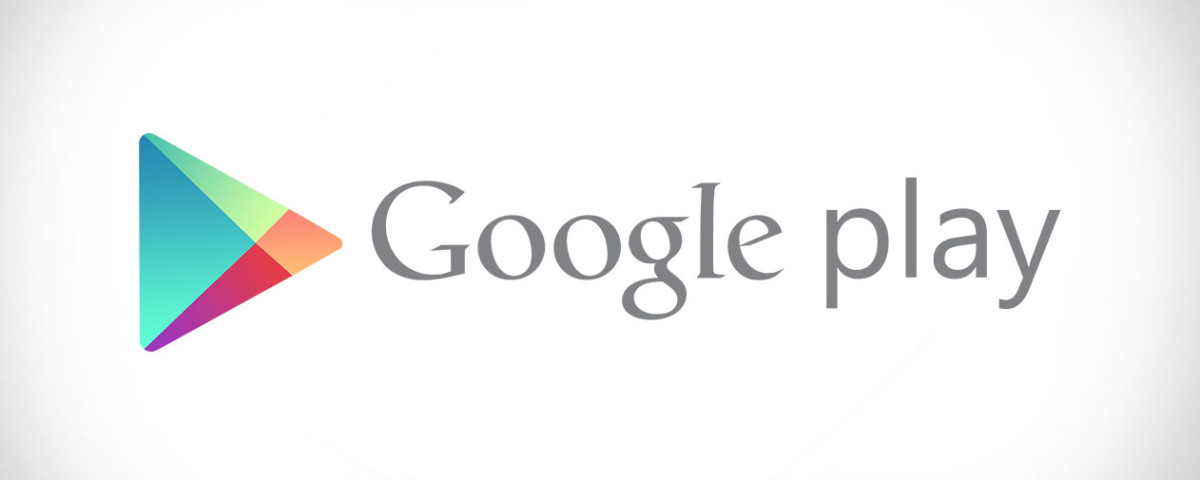
How to Monetize Your Website without Relying on Google AdSense
March 15, 2015
Google to Impose Algorithmic Penalty on More Doorway Pages in the Near Future
March 23, 2015Google Will Start Showing Mobile Apps Ads in Google Play Store
It seems that Google will introduce paid search in Google Play Store as the internet search giant announced via Android Developers Blog (on 26th February) that they are going to launch a pilot program which will allow mobile app developers the ability to promote their apps directly within the Google Play Store. These mobile app ads will initially be made available to advertisers already running search ads on Google search, will also be shown against Google Play search results. That is, these ads won’t appear randomly in other sections of its mobile app store, like category pages are stuffed in the middle of its Top Charts page. Instead, advertisers will be able to bid on advertisements that match a particular search query such as “coupon app” or “hotel app”, for example.
The Advertisers’ mobile app would then appear at the top of the ranked search results returned from Google Play Store, where it looks exactly the same as any other result except for the fact that it will be flagged as an “Ad” that appears under the mobile app’s name. As explained in the blog, Google’s hundred-billion searches each month have an improved content discovery for users and advertisers alike and now the search ads on Google Play will do the same for publishers of mobile apps. Specifically, the pilot program will better allow newcomers and small app developers the chance to compete and gain visibility in an app store that Google claims to have over a million applications.
Pilot Testing of Mobile App Ads
As of now, there are few details being provided as it is only now entering the testing phase of its pilot program. For the time being, the ads will run just in the latest Play Store version on Android-based smartphones, not on tablets or desktop. Also, at first, only a small number of users can actually see the newest ads in their mobile device. It is acknowledged that potential advertisers were chosen automatically and allowed to take part in the pilot program via email, and those who chose to do so are not actually paying for their ads at this time. Instead, the pilot period is meant to allow the app developers and users alike a time to test and provide feedback on a number of things, such as the mix of ads, how many ads are shown in the search results, how many keywords are targeted, and to what extend these Google Play ad campaigns will influence the Top Charts’ algorithms in the future, among other things.
The latter item must be given top priority, as an app developer purchasing app store ads could be very easily boost their downloads at a rate that would otherwise push their mobile app to the top of the Play Store’s charts. But that would not necessarily mean their app had grown popular with users, but rather that they had paid for the visibility and clicks. It will be also interesting to see how the internet search company addresses click fraud in the new store, as competitors may try to consume through each others’ advertisement budgets.
Many industry experts believe that there is no way for advertisers or app users to opt in these testings at present. Google hasn’t revealed how long this testing program will be conducted, nor will it give a broader time-table for a public beta or public launch. It also would not confirm how many advertisers are in the initial pilot testing.
In addition, beyond being the means of choosing advertisers for the trials, there is no connection between search ads on Google search platform and those on Google Play Store at this time. It is unclear if in the future, however, current search advertisers will be given priority to join the advertising program on Google Play when it opens up to more participants.
Also, of interest, Google used the Play Store ads announcement to offer an update on its payouts to Android app developers. Google said in its I/O conference last year that it has paid out five billion dollars to app developers in year prior, and toady it says that number has climbed to seven billion dollars.

